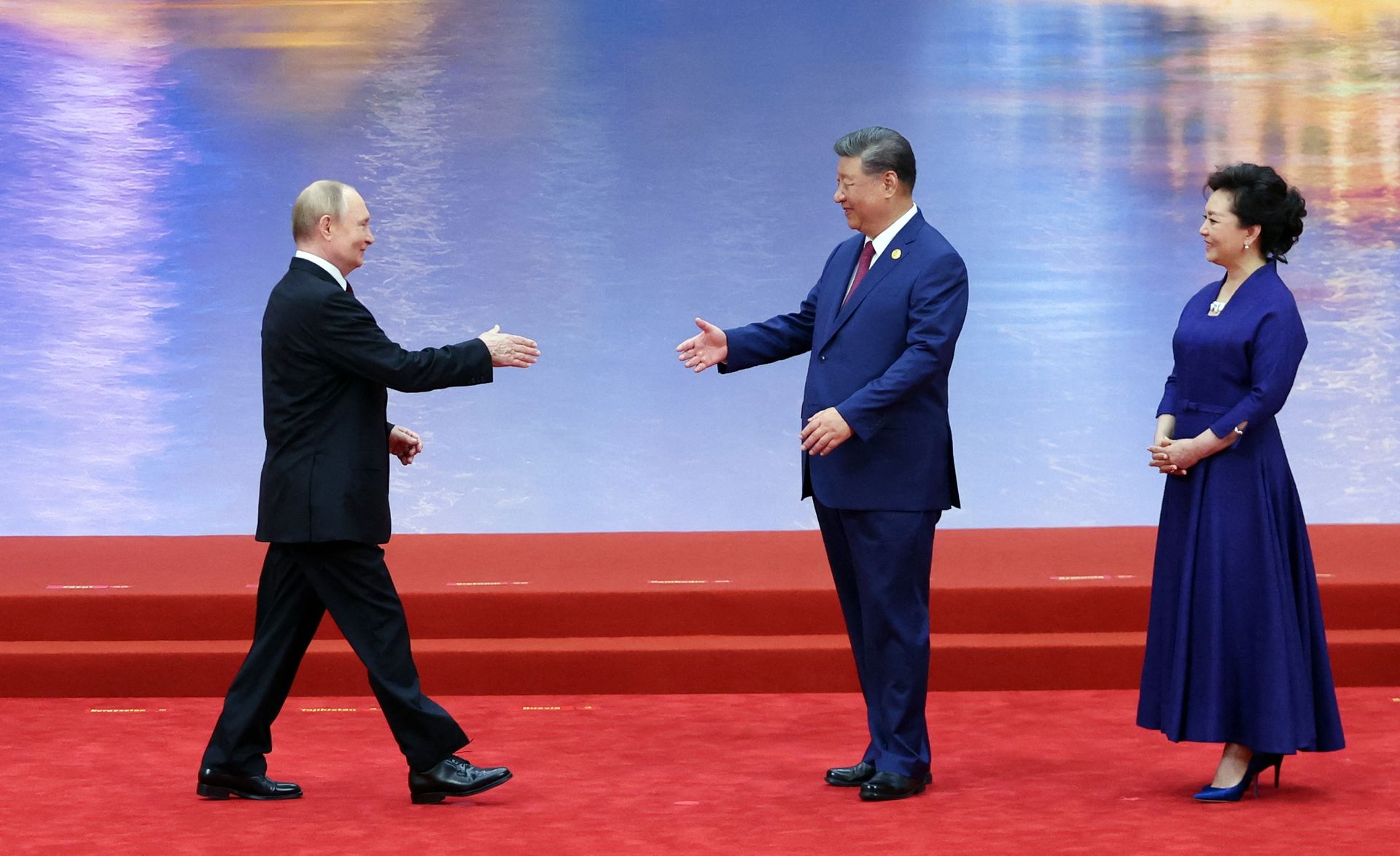Russian front-line advances have slowed down in August, monitoring group says

The pace of Russia's advance in Ukraine slowed by 18% in August, with Russian forces occupying 464 square kilometers of territory, according to DeepState monitoring group's report.
The Sept. 1 report comes amid claims that Ukrainian forces are gradually pushing Russian troops back near the town of Dobropillia in Donetsk Oblast. Ukrainian forces liberated several nearby towns, including the village of Novomykhailivka.
According to DeepState, as of August, Russian forces occupied 19% of Ukraine’s territory, a level first reached on Oct. 3, 2022, just before Ukrainian forces liberated large parts of Kherson Oblast, including the regional center.
"The increase in occupied territory over the past two years and 11 months is virtually zero," the group said. "However, it is also true that in eastern Ukraine, we have lost roughly the same amount of land as was liberated on the right bank of Kherson Oblast during that time."
At the same time, the number of square kilometers captured does not necessarily reflect the overall direction of the war, Emil Kastehelmi, an analyst at the Finland-based Black Bird Group monitoring the war closely through open sources, told the Kyiv Independent.
"It is true that August pretty much manifested in a way how little Russia actually achieved during the summer," Kastehelmi said.
"(Russian forces) did not really achieve any larger operational goals. All that they took was mainly smaller villages and a lot of farmland. After a tactical victory, they could not expand and exploit their success into anything more significant," he added.
The analyst also suggested Russia could be regrouping for a potential new offensive this fall, with a concentration of forces observed near Pokrovsk in Donetsk Oblast.
"However, the problem for the Russians is that they do not seem to have many new tricks up their sleeves," he said. "They can mainly continue these infantry-based attacks, but prospects for larger operational success, like an actual breakthrough, seem unlikely at the moment."
"Of course, it is possible that in September they may take 600 square kilometers instead of 460, but that does not really change the general situation (on the front line) very much," Kastehelmi added.











